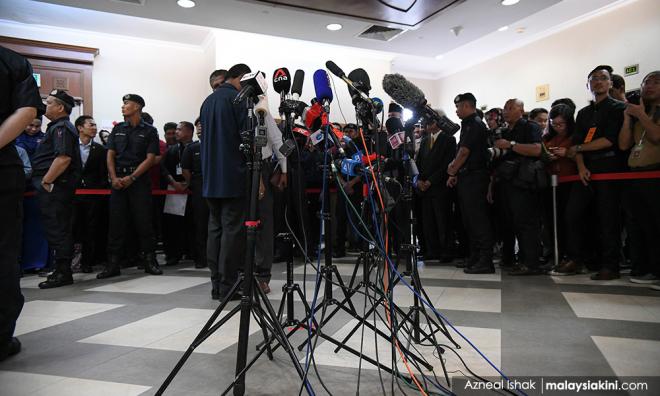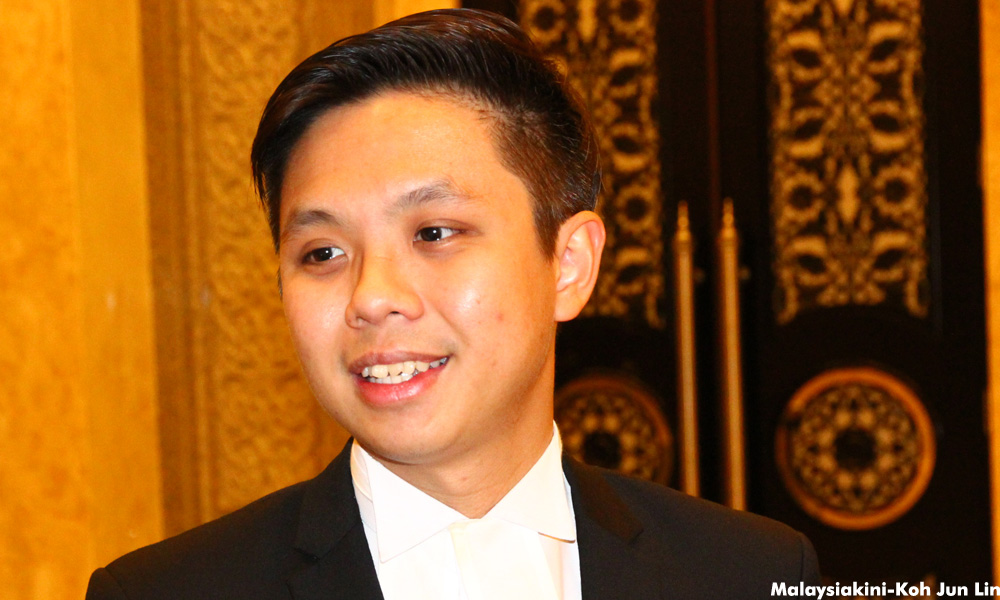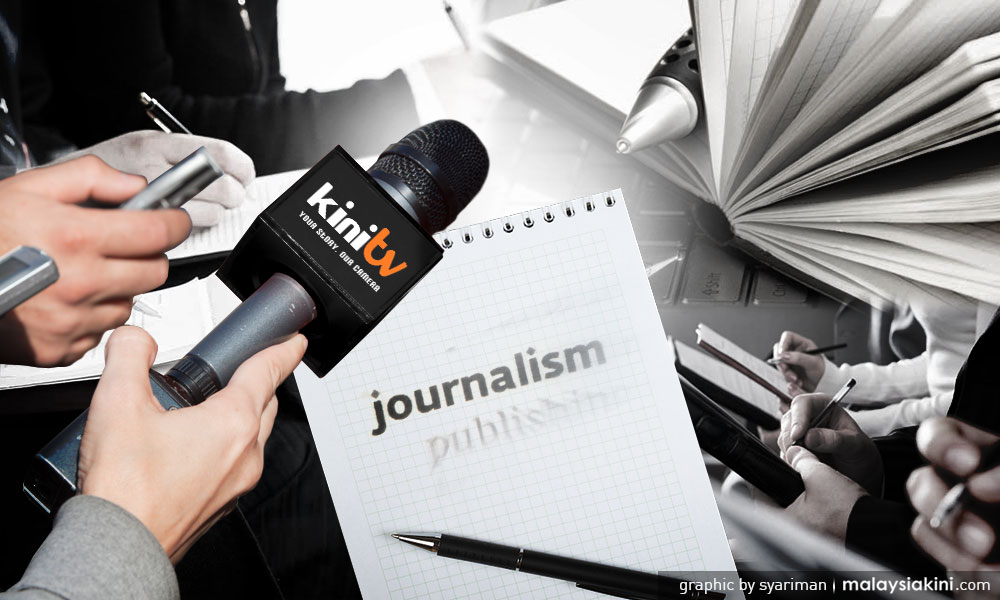
"Please name him" - It is a common call among readers whenever the media does not identify an individual accused of a crime.
This was the case when Malaysiakini recently published a series of articles detailing the traumatic experiences of a group of women who alleged to have been raped by their dance instructor.
Such calls are often made in cases of sexual abuse or assault, as well as cases that involve politicians.
But despite public demand for the alleged offenders to be named, there are two factors that the media has to take into consideration - namely legal issues, and journalism ethics.
Under the law, an individual is innocent until proven guilty, and it is normal practice for Malaysiakini and other media to not name a person who is being investigated or arrested until they are charged in court.
This is to avoid situations, for example, when someone who was detained is not charged after police determine the crime was not committed by that person.
Exceptions are made in cases involving high profile individuals, or when there is a response from the alleged offender or their representatives.
This was the case when Malaysiakini named Bersatu's Dengkil assemblyperson Adhif Syan Abdullah, who had denied taking drugs after he was caught up in a police raid at a drug-fuelled party.
Malaysian vs US defamation laws
Some readers pointed out that the Western media does not shy away from naming the alleged culprits.
However, laws regarding the press and free speech in the US are considerably different than in Malaysia.
"The short answer is that Malaysian defamation laws are more favourable to an individual seeking to protect his or her reputation than in the US," lawyer New Sin Yew (below) explained.

While both constitutions enshrine freedom of speech, in Malaysia, the Federal Constitution allows for restrictions such as enumerated under Article 10(2)(a), which states that among others, free speech can be restricted in cases of defamation.
New further explained that in the US, the burden of proving defamation lies on the plaintiff, while in Malaysia, the defendant must prove that they did not do so.
"Under US law, false statements are protected under the First Amendment. In order to succeed in defamation, not only must a plaintiff have the burden to prove that the statement was false, but the plaintiff must also prove that there was actual malice in the making of the statement.
"Whereas in Malaysia a plaintiff must prove that (1) the statement bears defamatory imputations; (2) the statement must refer to the plaintiff; and (3) the statement must have been published to a third person by the defendant.
"If the plaintiff is successful in this, the defendant will then have to prove that (1) the statement is true; (2) the statement was made under an occasion of privileged; or (3) the statement was a fair comment.
"However, if the defendant is proven to have made the defamatory statement maliciously, then the defendant would be found liable unless the statement is true," he said.
Such circumstances apply even to the UK, which had at one point been dubbed a "libel tourism" destination for wealthy individuals to file defamation suits that they could not succeed in if it had been filed in the US.
Journalism ethics
For journalists in both the UK and Malaysia, New said the Reynolds defence can be employed.
In such cases, the court will take into account ten factors in deciding whether there was responsible journalism, he said.

These are seriousness, the extent to which the subject matter was of public concern, the source, steps taken to verify the status of the information, urgency, whether a comment was sought from the plaintiff, was the reporting one-sided, the tone and tenor of the statement, and the circumstances surrounding the statement.
Taking the rape articles as an example, Malaysiakini could have named the alleged offender as efforts had been made to contact the individual as well as to verify the allegations.
However, this is where journalism ethics come into play.
One key difference between the allegations reported by Malaysiakini, and those regarding the rape allegations in cases involving those such as the US President Donald Trump and movie producer Harvey Weinstein, is that in the latter cases, the women who were raped, publicly came out to accuse those who had wronged them.
However, those women who Malaysiakini spoke to for the dance school rape articles, spoke to us on condition of anonymity.
Naming the accused at this point would then put those women at risk of being identified.
This falls under the journalistic responsibility to protect sources.
Likewise, in cases involving children, they and their parents are often not named to protect the children's identities.
In any case, even in the face of what might appear to be damning evidence, it is important for journalists to try and maintain objectivity.
This is as circumstances may change or new evidence emerge in the future, that may differ from what the court of public opinion has decided.
ZIKRI KAMARULZAMAN is a Malaysiakini team member.



No comments:
Post a Comment
Note: Only a member of this blog may post a comment.